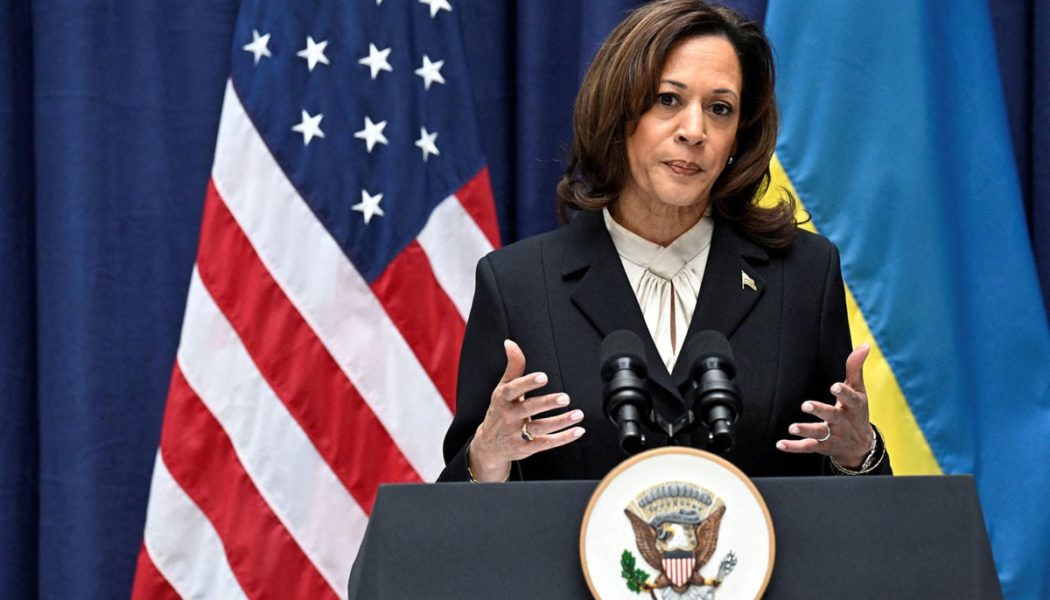
I penned an opinion in this paper a month ago expressing how likely Donald Trump was to win US presidency and the negative impacts of such a win on global climate agenda.
However, since Biden’s withdrawal and Kamala Harris entry, a new Democratic enthusiasm makes a Harris win a high likelihood. And for climate actors, this is new hope for climate protection.
The former president Trump had in 2017 withdrawn US participation in Paris Climate Accord, only to be reinstated by President Biden in 2021.
Trump remains a climate denier with strong support for a fossil fuel economy. There is no guarantee that Trump will not interfere with Biden’s climate programmes enacted through Inflation Reduction Act if he wins. Indications are that a Harris presidency will continue with the ongoing Biden climate agenda, while also strengthening the US climate leadership across the world.
However, it is interesting that it is during Biden’s presidency that the US increased oil production to become the number one global producer, as it also became energy independent and a net exporter of oil and gas. All this was as a result of the 2022 Russian invasion of Ukraine and subsequent economic sanctions on Kremlin.
This is when energy security and economic stability took precedence over climate goals across the world, including the US. Oil producers and lobbies gained significant influence on the climate agenda and the pace of energy transition to renewable technologies.
Going forward, it is who between Trump and Harris is better suited to influence global energy transition away from fossil fuels, especially in a new era of geopolitical and economic competition among the big global players the US, China, European Union and Russia.
Energy transition has become inseparable from global economic and geopolitical supremacy wars, at a time when new renewable technologies (EVs, solar and wind) are challenging fossil fuels.
Trump is unlikely to support policies and regulations that would directly or indirectly weaken US fossil fuel economy, making energy transition much longer to achieve.
Globally, he is likely to use deterrent tariffs on imported renewable energy appliances to protect the US economy, slowing down decarbonisation progress. On her part, Harris is better placed and flexible to engage global partners to hasten carbon emissions reduction.
She will definitely be more alert than Trump, to the needs of climate vulnerable developing countries like Kenya. But in politics, 90 days is a long time and either Trump or Harris can be US President on November 5, 2024.









